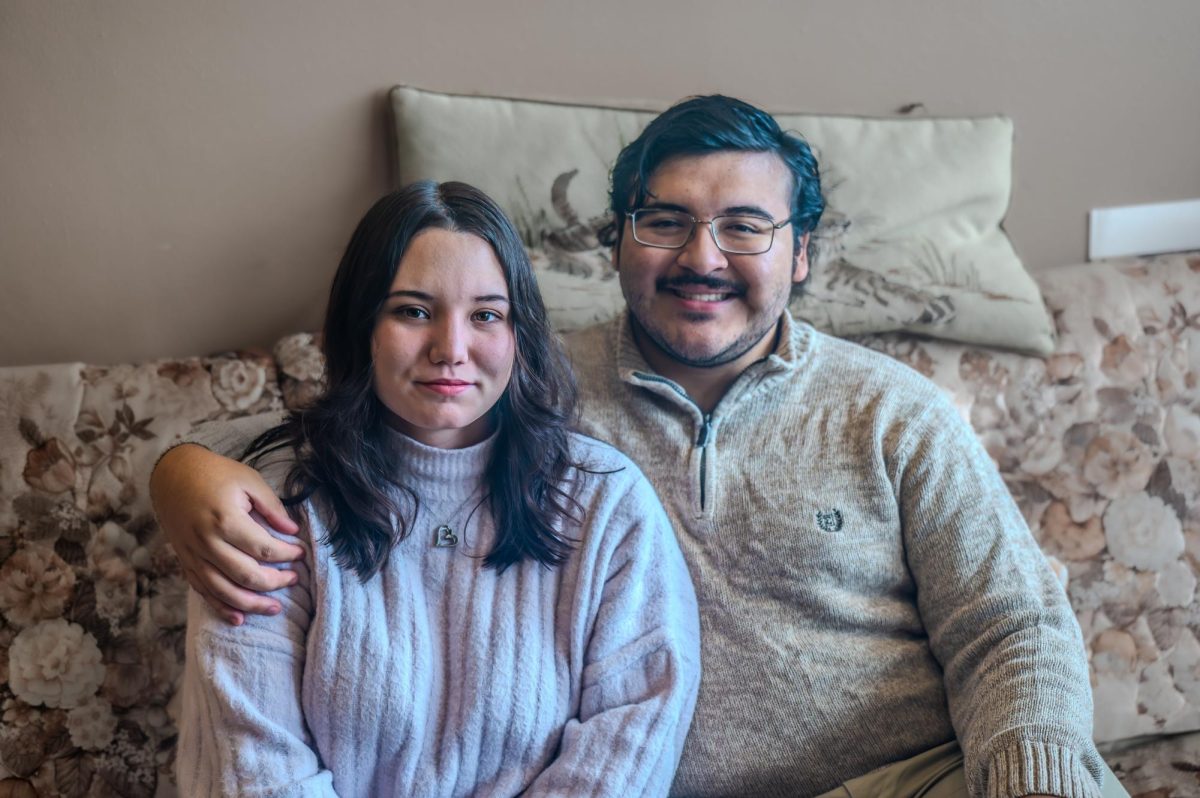
Narz Diane ’20 lies across a large, pancake-shaped beanbag in the Stonewall Resource Center. We are surrounded by vivid colors and pillows adorned with gender and sexuality puns. Secluded, but surrounded by warm ambience.
The Rape And Trauma Support group, or RATS, is a new group on campus. As of now, the group isn’t official through the College, but will be soon once the paperwork is submitted. Narz, one of this year’s SRC staff members, founded RATS at the beginning of the school year.
“As soon as I got back to campus, I made the Facebook page,” they said. “I didn’t even tell anyone about it [beforehand]. So, I think people were kind of surprised … but I’ve gotten a lot of positive feedback since I started it.”
Already, RATS has 61 members, 49 of which are active Grinnell students. The goal of the group is to provide a community of support and love.
“When people identify as a survivor, it’s not something that’s readily talked about with pride,” Narz said.
Narz’s reason for creating the group is largely personal as they are themselves a survivor of trauma.
“I’m starting RATS because I feel like I need a support system and I wasn’t finding that on campus,” they said. “I figured if it wasn’t already there, I might as well just make my own.”
This speaks to the insufficient resources and support available to survivors of rape at Grinnell College.
“I know that the College has not done all that it could to protect survivors. … In regards to rape being at the forefront, the College is more focused on prevention, rather than the aftermath,” they said. “So, if I can create some sort of safe, student-run space where students … talk without fear of lawsuits of slander or an appeal on a Title IX case, or being worried that the administration might hear something. … If I can provide that sort of safety, that sanctuary for them, I’m all for that. And it’s just kind of [a] bonus that I get to benefit from that as well.”
The group’s meetings are publicly displayed on its Facebook page, facebook.com/RapeAndTraumaSupport, and are open to both trauma survivors and allies.
“An ally of a survivor is anyone who wants to open themselves up and be cognizant of people’s triggers,” Narz said. “An ally doesn’t even have to know what happened to their friend to be supportive. If their friend is like ‘hey I don’t like this’, or ‘I have a fear of this,’ an ally would just readily say ‘okay’ and help them avoid those triggering things rather than questioning them or discrediting them.”
Narz also emphasized the importance of believing a friend when they tell you they have experienced trauma like rape or sexual assault.
“If someone brings [up a traumatic experience from the past], just listen. Don’t ask a bunch of questions. Don’t question whether they’re making it up or exaggerating. Just accept what they’re saying as truth. … I have yet to meet someone who would actively lie about something like that.”
According to Narz, survivors are often unable to supply the amount of evidence required for the College to take action against the perpetrator. Narz described how, if the evidence is determined to be insufficient, it can be devastating for the survivor who does not receive justice and can also be further traumatized by seeing their attacker on campus, despite filing for no-contact orders.
Narz hopes the advent of RATS will create a non-invasive and supportive space for survivors to cope with trauma in non-triggering ways.
“The main focus is having fun, coloring pages, card games, playing Jackbox games.” they said. As the owner of five rats, Narz promises to bring furry friends to the meetings as well. “We’re going to stay away from most support groups in the sense that we’re not going to be delving into [traumatic] events. It’s not so much as a distraction from trauma, but a way to cope healthily.”
Narz stressed that every survivor’s recovery is different, but the group will be there for those who need it. Survivors and allies can attend any public meeting as well as confidentially contact the group’s Facebook page for resources, support or to set up a private meeting with RATS staff. Narz is currently in contact with SHACS, so that if a confidential meeting is requested, a certified therapist can be present. Narz also plans to craft pamphlets to help survivors and allies find appropriate resources for their needs.
Regardless of how open or private one wishes to be about past experiences, survivors and allies are welcome at RATS.
“It’s always good to feel like you have a community and people who can support you, whether or not you want to share your story,” Narz said.





















































